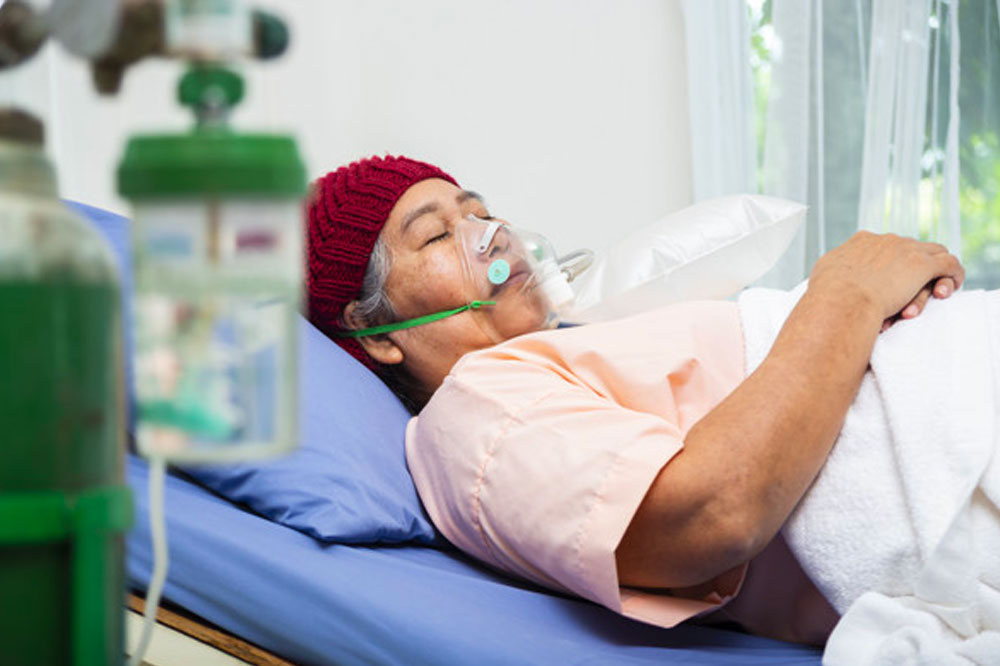
Risk Factors, Symptoms, and Stages of Colon Cancer
Colon cancer is caused due to the growth of a tumor in the large intestines. The colon or the large intestines is the organ in which the body separates water and salt from solid wastes. The water is expelled through rectum and anus. This type of cancer is the third most common type of cancer in the country. It is advisable for people above the age of 50 to screen themselves periodically for colon cancer.
The colon is the first part of the large intestine and is part of the body’s digestive system. The digestive system is made up of the esophagus, stomach, the small and large intestines. It removes and processes nutrients like vitamins, minerals, carbohydrates, proteins, fats, and water from food and passes waste material out of the body. When malignant (cancer) cells form in the tissues of the colon, it results in a disease known as colon cancer.
Risk factors of colon cancer
The risk of developing cancer depends on the health history of the individual.
- Having a family history of colon or rectal cancer or colorectal polyps
- Having a personal history of colon, rectum or ovary cancer
- Changes in genes with risk of Lynch syndrome that has been inherited
- Having a personal history of Crohn’s disease or chronic ulcerative colitis for more than 8 years
- Consuming alcohol (3 drinks per day)
- Smoking cigarettes
- Being obese
Symptoms of colon cancer
- A change in bowel habits
- Blood in stool (red or dark red)
- Constipation, diarrhea or an unfinished feeling of the bowel
- Stools that look narrower than usual
- Bloating, fullness, gas pain or cramps that are frequent
- Sudden weight loss
- Exhaustion
- Vomiting
Colon cancer is diagnosed with tests that examine the colon and rectum to detect cancer cells. This further helps in determining the stage and treatment options of colon cancer.
Checking for signs of the disease like lumps or anything unusual is done
- The history of the patient’s past illnesses and treatments and healthy habits are also noted
- A rectal examination is done to check for lumps or anything unusual
- A fecal occult blood test (FOBT) to check stools for blood is done
- X-rays of the lower gastrointestinal tract with barium
- A procedure known as a colonoscopy is done to look inside the rectum and colon for polyps, abnormal areas or cancer
- A biopsy is done by a pathologist to remove cells or tissues from the colon to check for signs of cancer
Stages of colon cancer
The stages would indicate how far cancer has spread and the size of any tumors that are present. Treatment for this colon cancer depends upon the stage of the disease. The stages of colon cancer develop as follows:
Stage 0
Cancer at this point is at a very early stage. It is also known as carcinoma in situ. It is usually easy to treat at this stage, as it has not grown farther than the inner layer of the colon.
Stage I
In this stage, cancer has grown into the next layer of the tissue but has not spread to the lymph nodes or any other organs.
Stage II
At this stage, the outer layers of the colon have been infected by cancer but have not spread beyond the colon.
Stage III
Cancer at this stage has grown past the outer layers of the colon and has infected up to 3 lymph nodes. However, it has not spread to distant sites.
Stage IV
At this stage, cancer has spread to other tissues and reached beyond the wall of the colon. By now the colon cancer reaches a distant part of the body.


